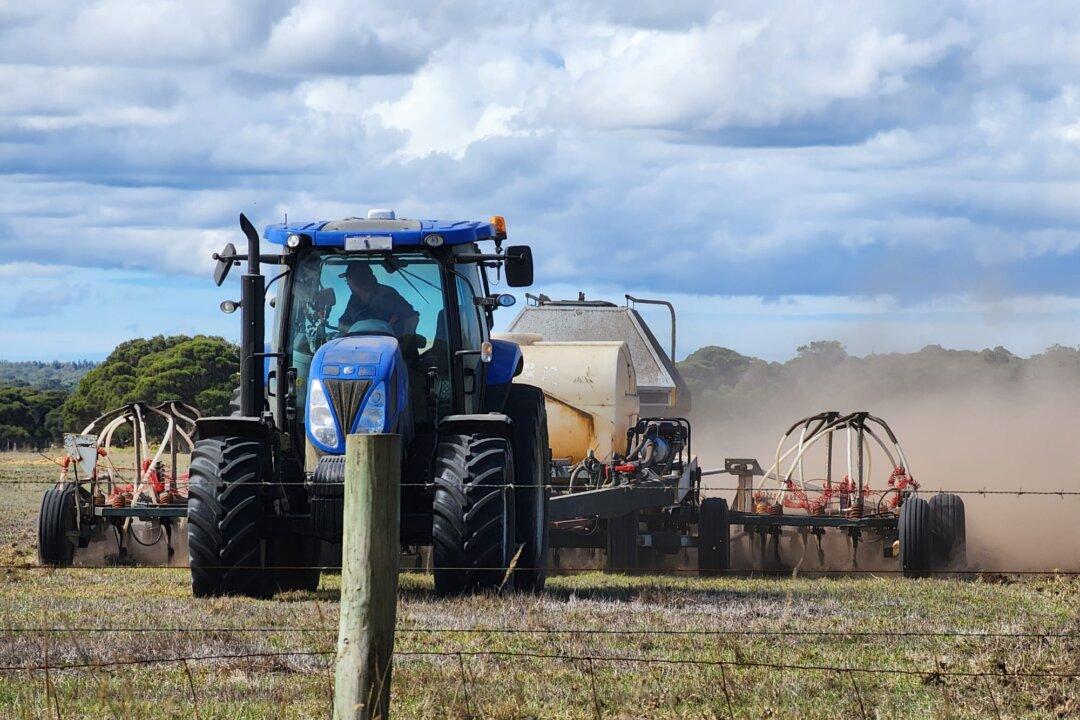Agricultural groups have broadly welcomed a Federal Court finding that common weedkiller Roundup cannot be proven to cause cancer, saying it reinforces its safety for use in food production.
Justice Michael Lee ruled on July 25 there was not enough evidence to say glyphosate—the active ingredient in Roundup—was capable of causing non-Hodgkin lymphoma in humans.





